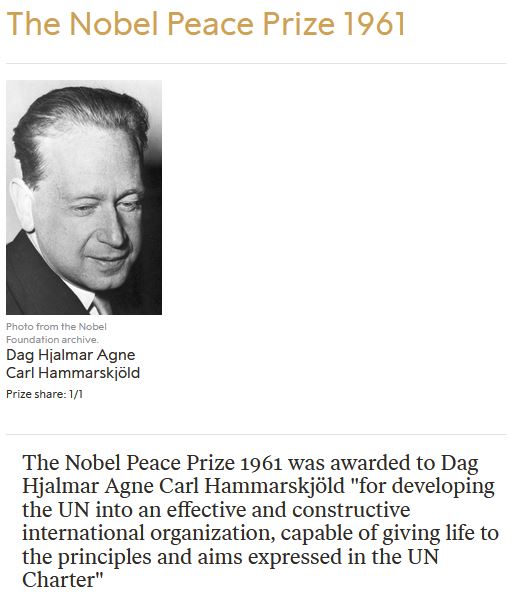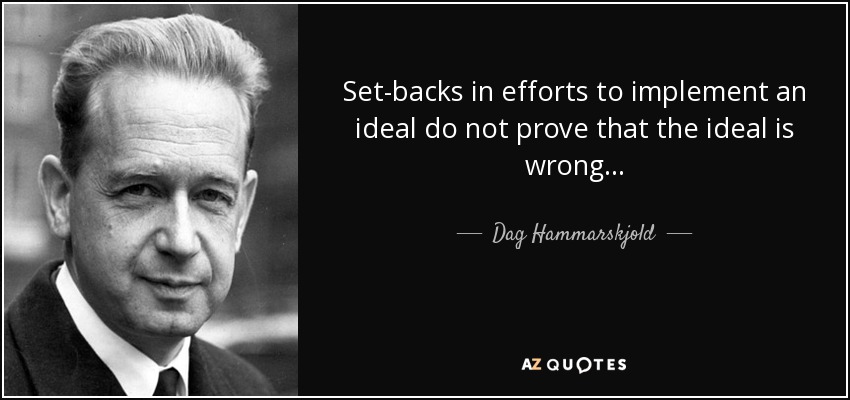“Kuća za mir – Fredens Hus – House for Peace” is a gathering place for peace, human rights and peacemaking opportunities. Through workshops, exhibitions, projects and educational activities with a focus on children and young people, we work for social sustainability promoting Peace between People, Peace between Countries and Peace with Nature. It is about peace work at the grassroots level to promote equality, counter racism and intolerance and train conflict management, active citizenship and peace leadership.
Our “House for Peace” is the tweens project in partnership with Fredens Hus, Uppsala, Sweden that has been working in the spirit of Dag Hammarskjöld since 2006 and we are part of the International Network of the Museums for Peace.
And who was Dag Hammarskjöld?

1961 – Dag Hammarskjöld, Second Secretary-General of the United Nations
“Dag Hammarskjöld was exposed to criticism and violent, unrestrained attacks” explained the Nobel Committee “but he never departed from the path he had chosen from the very first: the path that was to result in the UN’s developing into an effective and constructive international organization.”
The Nobel Peace Prize for 1961
The Nobel Committee said in its Award Ceremony Speech about Dag Hammarskjöld’s views: “In every situation with which he was faced he had one goal in mind: to serve the ideas sponsored by the United Nations”.
“Dag Hammarskjöld was exposed to criticism and violent, unrestrained attacks”, the Committee explained. “He never departed from the path he had chosen from the very first: the path that was to result in the UN’s developing into an effective and constructive international organization, capable of giving life to the principles and aims expressed in the UN Charter, administered by a strong Secretariat served by men who both felt and acted internationally. The goal he always strove to attain was to make the UN Charter the one by which all countries regulated themselves”.

Rolf Edberg, Swedish Ambassador to Norway, said in his Acceptance Speech: “He himself had no doubt about the convincing force of his ideals. He expressed it thus in the last article that he wrote: ‘…set backs in efforts to implement an ideal do not prove that the ideal is wrong…’.”


